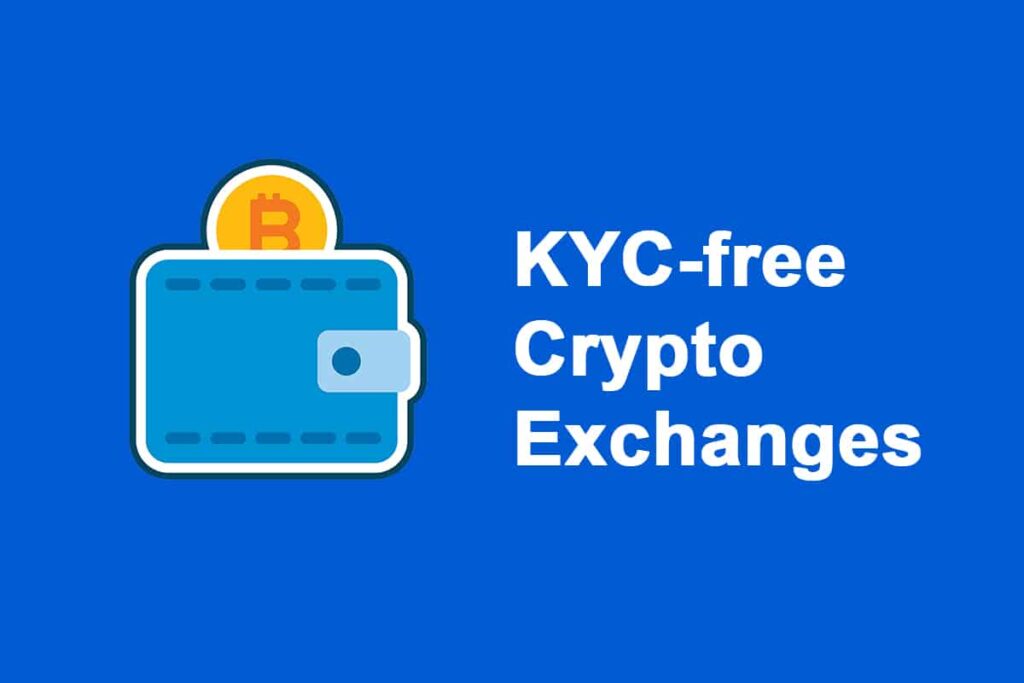In a significant shift in the U.S. regulatory landscape, the American crypto lobby is ramping up pressure on Congress to include legal protections for software developers in the 2025 Digital Assets Regulatory Framework, amid signs of a more crypto-friendly stance under the renewed Trump administration.
What’s Happening?
For years, developers of blockchain protocols and smart contracts have faced growing legal risks, especially as regulatory agencies like the SEC (Securities and Exchange Commission) began holding them accountable for how others use their open-source code.
Now, crypto industry advocates are urging lawmakers to:
- Exclude developers from legal liability for third-party use of decentralized protocols they no longer control.
- Recognize code as a form of constitutionally protected speech under the First Amendment.
- Clarify that open-source developers should not be classified as financial service providers.
Why It Matters
Without clear protections, developers could be forced to register with regulatory agencies or risk lawsuits—simply for writing code that powers decentralized applications. This has raised serious concerns about innovation flight, with many developers relocating overseas to avoid regulatory uncertainty.
By shielding developers, the bill could encourage more innovation within U.S. borders and reestablish America as a hub for blockchain development.
Trump Administration: A Regulatory Reset?
The push comes at a time when the Trump administration is reportedly open to less restrictive crypto policies, and some Republicans in Congress are voicing support for a more innovation-focused approach to digital assets.
This contrasts with the previous Biden-era stance, which leaned heavily toward enforcement and regulation, often stifling startups and experimental protocols.
Bottom Line
The 2025 Digital Assets Bill could become a defining moment for the U.S. crypto industry. If protections for software developers are included, it may set the stage for a new era of legal clarity and technical innovation in the blockchain space.

